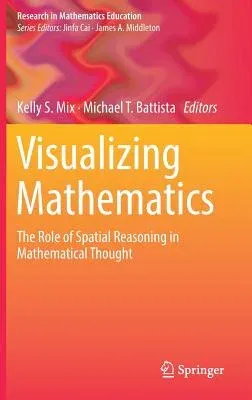This unique volume surveys recent research on spatial visualization in
mathematics in the fields of cognitive psychology and mathematics
education. The general topic of spatial skill and mathematics has a long
research tradition, but has been gaining attention in recent years,
although much of this research happens in disconnected subfields. This
volume aims to promote interaction between researchers, not only to
provide a more comprehensive view of spatial visualization and
mathematics, but also to stimulate innovative new directions in research
based on a more coordinated effort. It features ten chapters authored by
leading researchers in cognitive psychology and mathematics education,
as well as includes dynamic commentaries by mathematics education
researchers on cognitive psychology chapters, and by cognitive
psychologists on mathematics education chapters.
Among the topics included:
- From intuitive spatial measurement to understanding of units.
- Spatial reasoning: a critical problem-solving tool in children's
mathematics strategy tool-kit.
- What processes underlie the relation between spatial skill and
mathematics?
- Learning with and from drawing in early years geometry.
- Communication of visual information and complexity of reasoning by
mathematically talented students.
Visualizing Mathematics makes substantial progress in understanding
the role of spatial reasoning in mathematical thought and in connecting
various subfields of research. It promises to make an impact among
psychologists, education scholars, and mathematics educators in the
convergence of psychology and education.

